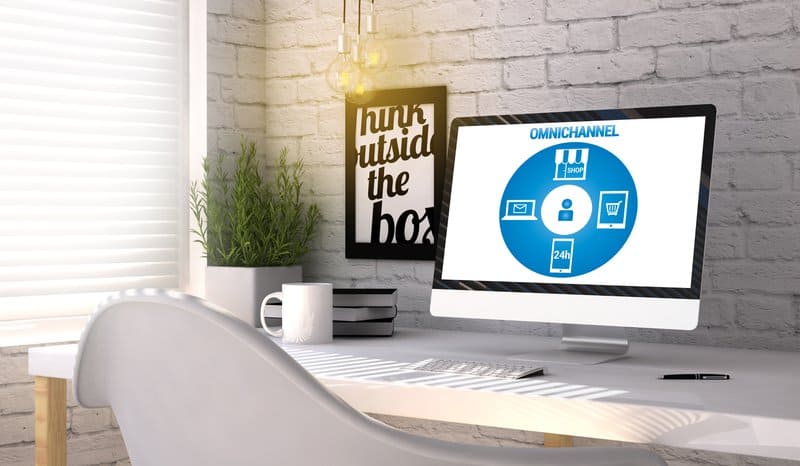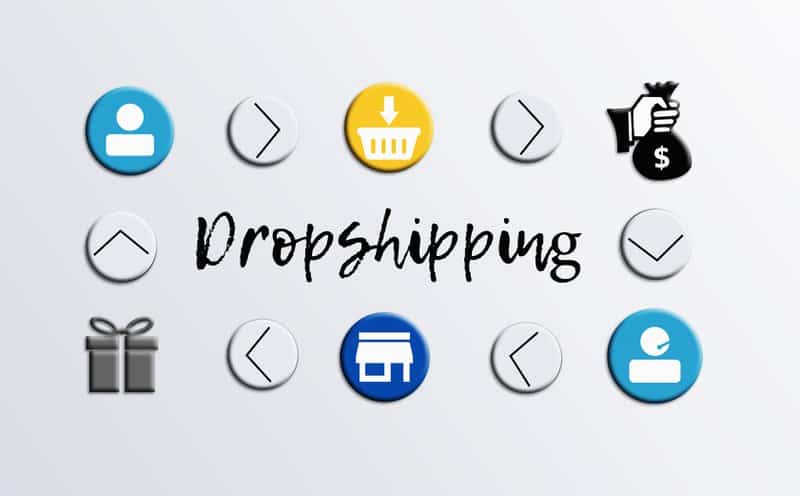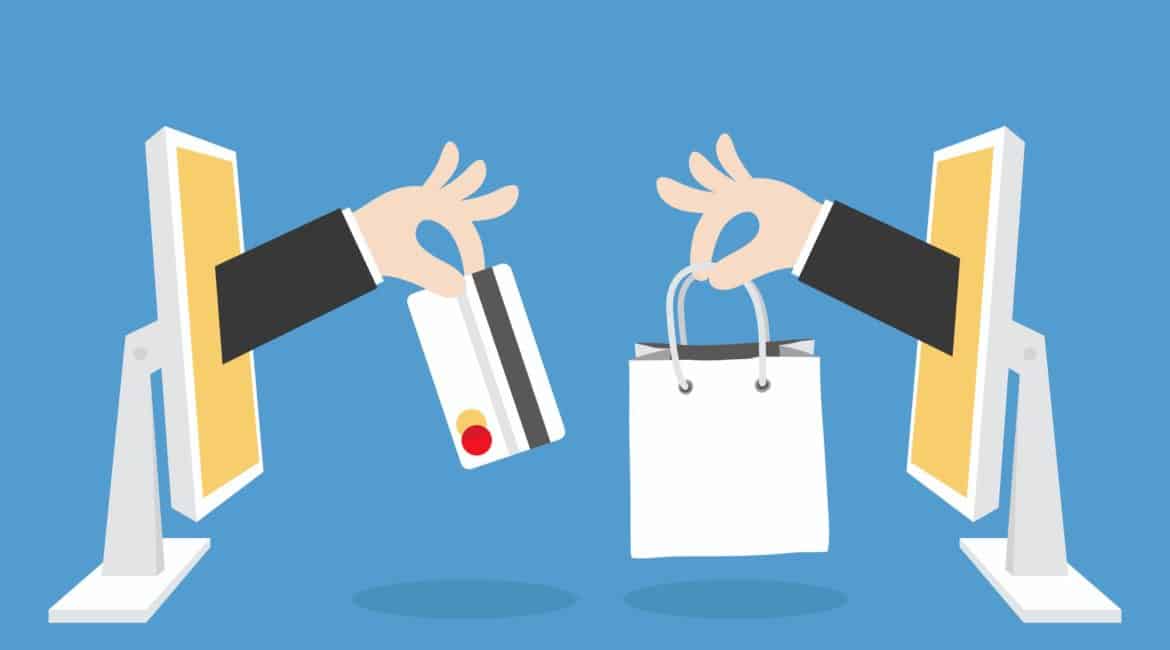E-commerce during COVID-19 – It’s Time to Act!
As restrictions start to ease and mentality shifts towards spending money again, it becomes even more important that you are set up for E-commerce during COVID-19.
The most important question you have to ask here is whether your website set up for e-commerce during COVID-19? E-commerce capabilities have become a matter of survival for many businesses.
Even though this pandemic crisis is starting to settle, the impact of COVID-19 lockdowns will be felt for months, if not years. No industry has been spared. Coronavirus is impacting every business, retailers especially so. However, with light and the end of the tunnel, you need to make sure that you are up and running. That means that if you were playing it safe, saving your money, and stopping any expenditure, it’s now time to reconsider this strategy.
The tips we share in this article allow retailers to boost their online presence. With e-commerce capabilities, consumers can continue shopping safely. This article can help you either set up your site for e-commerce during COVID-19 or improve your existing presence.
I should just note though, that it doesn’t stop with your websites. An omnichannel presence is critical. That means you need to review your consumer data. Find out your consumers’ new lockdown shopping habits. If they are on social media, then set up an account. If they are buying off eBay, get yourself a store. It’s time to work hard to create a hoard of online shoppers.
It’s time to make your business digital and adapt so you have an omnichannel presence.
Omnichannel e-commerce businesses
For some very well prepared business owners, they understand (and have done for years) what it means to have multiple channels to sell their goods, from the web to marketplaces and even social. They had their online presence sorted a long time ago, well before this crisis hit. As a result, the effects of the pandemic have not been so severe for their companies.
Far too many businesses, however, were not prepared for the outbreak or any kind of crisis like this. Although some did react well, many did not adapt. As a result, data indicates that the retail industry will struggle for the rest of 2020.
Looking to the future, COVID-19 will revolutionise business globally.
Why are omnichannel businesses thriving

Coronavirus affected retailers have seen a massive drop in foot traffic to physical stores, with many companies not even allowed to stay open during the crisis. That has meant that owners have had to turn their attention towards other channels.
The problem is that it takes time to build online traffic and brand loyalty. As a result, the stores that already had a presence on multiple online channels, or at least those that acted fast are thriving. Whereas, those that didn’t act are struggling. They are playing the waiting game, hoping to last out the pandemic.
Strategies to quickly join the omnichannel game
COVID-19 hasn’t impacted all industries equally but all businesses have been impacted by COVID-19 in some way. Coronavirus has meant that every company has had to make some sort of changes. If you don’t have a strategy on how to adapt, it’s really now or never!
If you’re not yet online and on multiple channels, don’t worry, it’s not too late. The consumer mentality is changing. Buyers are not just thinking about surviving the lockdown anymore. They are looking at making normal and even luxury purchases. Therefore it’s critical that you make a push to get your brand out there.
Here are some quick tips:
1. Make sure that you have a workable e-commerce site that can deal with growth;
2. Get onto those social platforms where your consumers are virtually hanging out;
3. Pick ONE other channel to sell the goods that you think will work well and push your brand out on that medium as well.
4. Look at larger stores or wholesalers who already have an omnichannel presence and do a deal;
5. Find a partner with a complementary product or service, who is in a similar position to you, collaborate, and share the load.
6. Leverage any new technologies (eg. marketplace apps) that are getting PR right now because they will be cheap and potentially get a good influx of new users;
7. Don’t try to beat established competitors in the long game (like SEO for example), stick to quick win!
How to build a successful e-commerce business QUICKLY during COVID-19
Have a great website
The success of your E-commerce strategy during COVID-19 depends primarily on your web presence. Retailers have some control over what the impact will be. Coronavirus means people are staying at home but they are starting to spending MORE money. They are not only ordering what they need, but they are also turning towards what they want. It’s not as difficult as you’d think to offer e-commerce during COVID-19.
There are a number of popular e-commerce platforms to look at and we have outlined three of these e-commerce web technologies below:
WordPress and WooCommerce
A significant part of the internet is built on the WordPress Content Management System. It is open source and well supported. WooCommerce is a popular free plugin that works seamlessly with existing WordPress websites. For many small retail businesses, this is a great option as it is low cost and pretty flexible. WordPress and Woocommerce is a great platform to look at if Covid-19 has dramatically impacted your revenue. You can get websites built on the cheap (check out this offer) but if you’re going it alone, you may need some prior WordPress expertise.
Shopify
Shopify is a proprietary e-commerce system. You will need to pay to use it but it’s popular and well supported. You’ll get a lot of e-commerce functions and integrations so it could be the right option for your business. If coronavirus means no one is coming into your store, a Shopify site can be set up quickly because it has a lot of “out of the box” features you can leverage with minimal setup or expertise needed.
Magento
Magento is another popular digital e-commerce platform. It’s predominantly targeted at larger businesses – those for whom e-commerce is their lead channel. It’s not as cheap as the above and it can take some time to implement. For that reason, we highly recommend getting a professional to help out. However, once set up it’s by far the most powerful of those platforms listed.
Other marketplaces to leverage
You can look at other online marketplaces as well to drive your online sales. Due to the popularity of eBay, Amazon, and Facebook Marketplace, you should not discount these platforms. Because people are stuck at home they are spending more time, and money, online. They will be visiting these marketplaces.
Dropshipping

Coronavirus can have a silver lining for businesses if they move quickly. Implementing your omnichannel strategy means improving your online presence. It can also be a trigger for changing parts of your supply chain. With bricks and mortar stores you’ve been limited by physical space. With coronavirus inspired online shopping, adding drop shipping as a supply option means you can offer more products online than you could through your retail space. What this means is that you don’t have to hold the stock if you are selling it via dropshipping. You can offer products on your website without physically holding inventory. When you sell a product via dropshipping you get paid and then your supplier will ship the product directly to your end customer.
Need Help with your website?
If E-commerce during Covid-19 is something your business is still thinking about it’s time to take the leap. The changes in consumer mentality should be the trigger you’ve been waiting for to start pursuing your omnichannel marketing strategy.
We can help your retail business you build your perfect e-commerse website (in any of the platforms mentioned above)! Get in touch and let us know your requirements.
Latest Blogs

May 2, 2024
Unlocking Success in Tech Project Management: Essentials for Entrepreneurs
If you're an entrepreneur or executive, mulling over how to manage your tech projects with efficiency, this article is for you. Peek into the world of successful tech project management, exploring effective project planning techniques and agile project management strategies. We’ll guide you on how to navigate project milestone tracking methods and bolster productivity with collaborative team communication tools.

April 26, 2024
Understanding the Core Principles of User-Centered Design – A Guide for Entrepreneurs
Unlock success with the principles of user-centered design. Bringing together elements of empathetic, human-centered concepts and user interface principles, this strategy ensures digital products align with actual user needs and desires.

April 23, 2024
Master Effective Debugging Techniques: Tips & Tools for Software Developers
You've got a tricky application behaviour that's not making any sense, and you're stuck again? Today we tackle one of the most challenging aspects of programming - debugging. In this piece, we focus on effective debugging techniques, offering insight into software debugging methods and debugging best practices.

